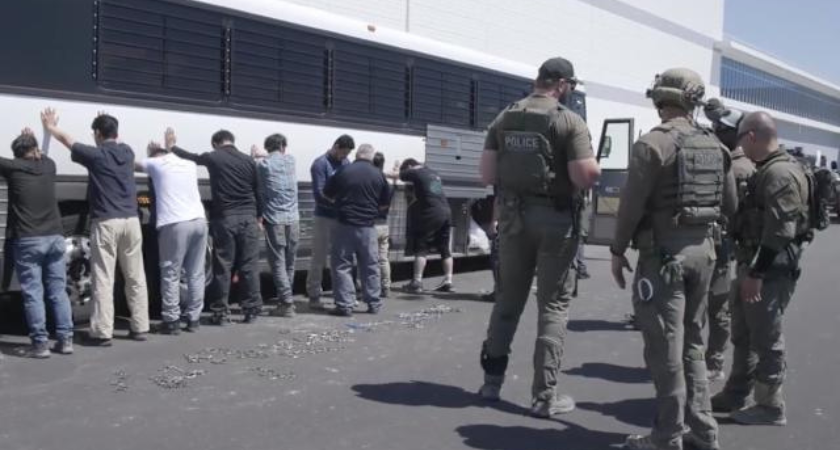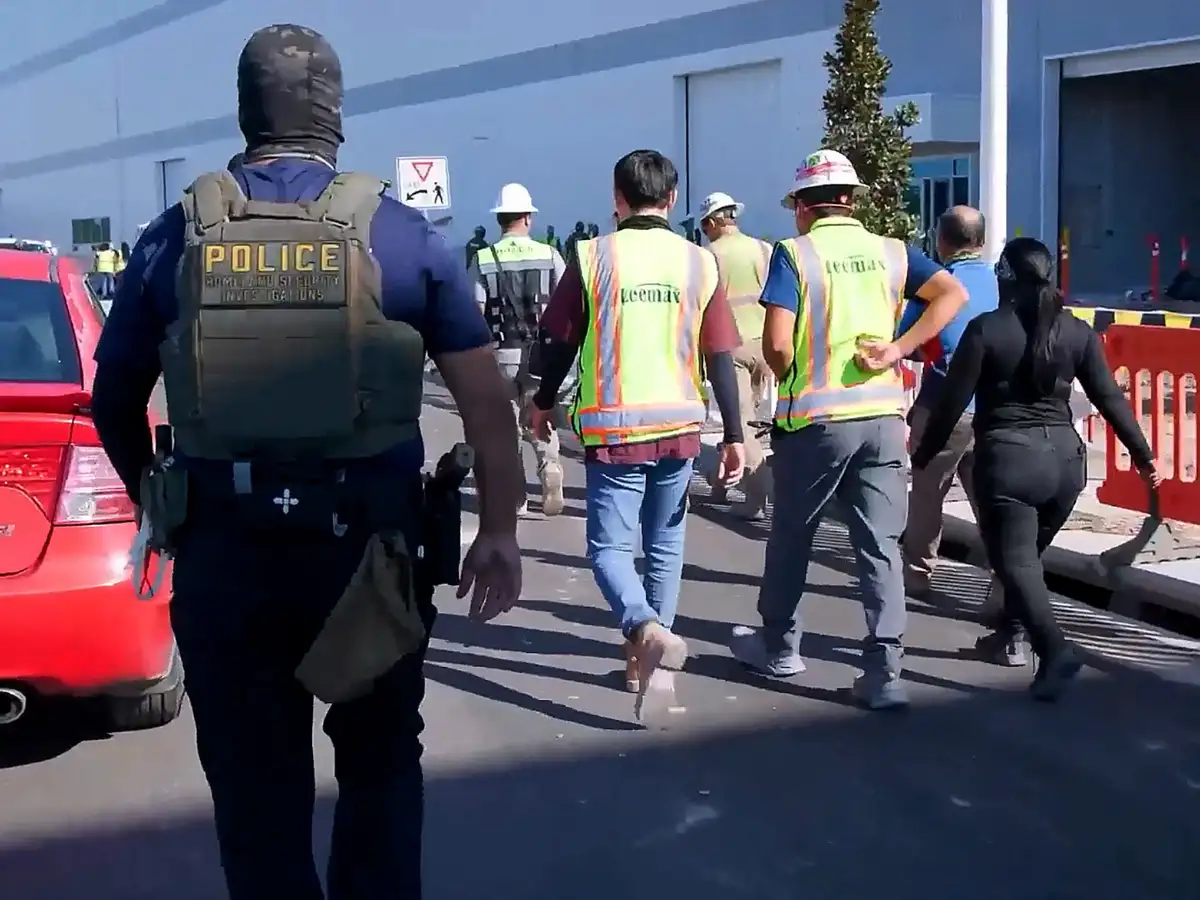
ATLANTA — Hyundai Motor Company is warning of significant delays at its massive Georgia electric vehicle (EV) battery facility following last week’s Immigration and Customs Enforcement (ICE) raid, which led to the arrest of 475 workers, many of whom were South Korean nationals.

The raid, carried out on September 4, 2025, targeted a Hyundai-linked battery production site in Georgia and drew immediate international attention. Images of South Korean workers in shackles prompted outrage in Seoul, with President Cho Hyun calling the arrests “hurtful and shocking.”
Hyundai’s president and CEO José Muñoz told Axios that while the company remains committed to U.S. investment, the raid will slow its timeline.
“The U.S. is strategically important for the mid- to long-term, and our plans of investment continue, okay? But it’s something that needs to be resolved to be able to go fast,” Muñoz said.
At an industry event in Detroit, Muñoz was more explicit, noting: “This is going to give us minimum two to three months delay, because now all these people want to get back. Then you need to see how can you fill those positions. And for the most part, those people are not in the U.S.”
Muñoz stressed that the delay is rooted in a shortage of specialized workers in the U.S. EV battery industry. “Our company does a lot of things. We don’t build batteries, right? So this is not our knowledge, and then they have it in Korea. They specialize,” he explained.
He added that “almost all battery companies operating in the U.S. are Korean,” pointing to the knowledge gap that complicates immediate workforce replacement.
Struggling to find skilled workers or boost efficiency? CO Summit Atlanta brings solutions and connections directly to you. | Learn More
After negotiations between Washington and Seoul, the U.S. agreed to release more than 300 South Korean workers into the custody of South Korea’s government. The workers boarded charter flights back to Seoul earlier this week.
Former President Donald Trump reportedly urged South Korean officials to consider keeping the detained workers in the U.S. “Trump reportedly emphasized that the detained Korean nationals were skilled workers and suggested they either remain in the U.S. to contribute to training the American workforce or be returned to South Korea, depending on Seoul’s stance,” according to the Financial Times.
Ultimately, South Korean officials confirmed the workers chose to return home, exhausted and shaken by their detention.

The images of Hyundai’s Korean workforce shackled in Georgia spurred protests outside the U.S. Embassy in Seoul, with demonstrators holding signs reading “A tariff bomb and workers confinement.”
South Korea’s foreign minister Cho Hyun added: “South Koreans were hurt and shocked by the images of their countrymen being shackled, seeing them as workers who came to the U.S. to transfer technology and knowhow to contribute to the Trump administration’s efforts to revive the U.S. manufacturing industry.”
Hyundai’s Georgia EV facility is part of a $5 billion investment designed to support the company’s North American electric transition. Once complete, the project was expected to generate 40,000 direct and indirect jobs.
However, the ICE raid now jeopardizes the construction timeline. Muñoz said his estimate of a three-month delay assumes that “some people will be able to come back and help” — but admitted that without Korean expertise, the knowledge gap could extend disruptions.
While Hyundai insists that its U.S. strategy remains intact, the incident underscores the fragility of America’s EV manufacturing push, which has leaned heavily on Korean know-how. The delay may ripple beyond Hyundai, affecting U.S. automakers relying on battery supply chains tied to Georgia.
For now, Hyundai faces the dual challenge of rebuilding trust with its South Korean workforce and navigating U.S. immigration enforcement policies — all while trying to keep its ambitious EV expansion on track.
Originally reported by Graig Graziosi in Washington D.C. in Independent.